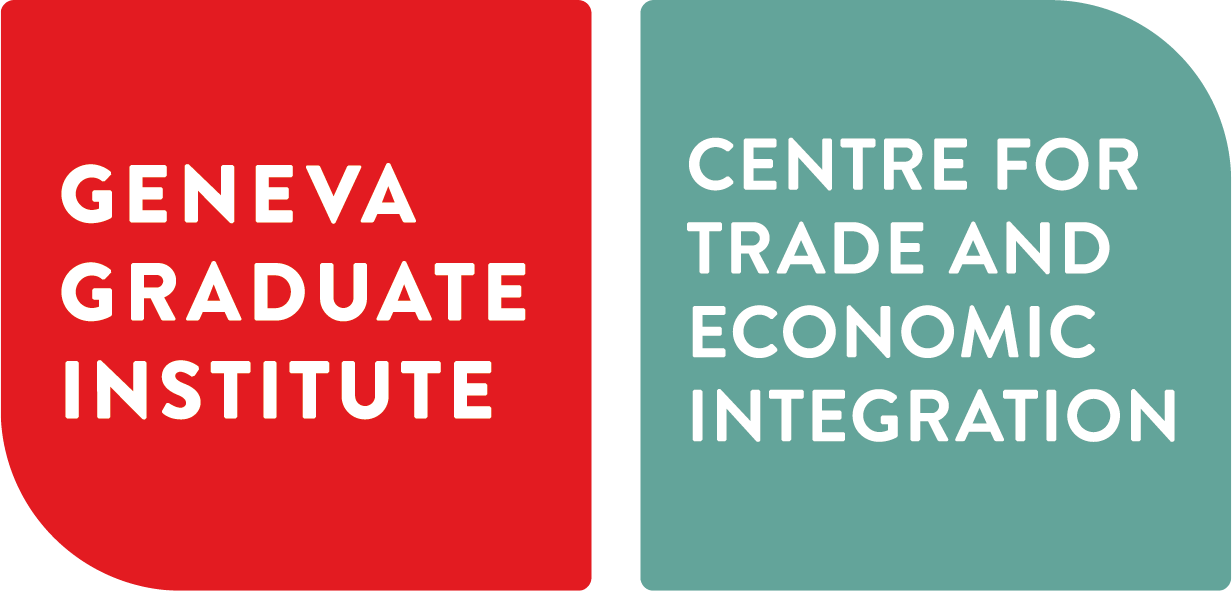Title: Relevance and future of the WTO: From Seattle 1999 to COVID deadlock 2021
Organizer: Public Citizen’s Global Trade Watch (GTW)
Description:
The COVID-19 pandemic has laid bare the damage the WTO has wrought, from brittle, hyper globalized supply chains to expansive monopoly protections that have made the world less able to protect people. Rich and poor countries alike have been unable to make or obtain vaccines, medicines, tests, ventilators, PPE and other necessary equipment. The COVID crisis was a stress test that exposed what many people around the world already knew: The WTO’s hyper globalization rules shaped a global economy that is not working for most people. The result is a WTO that teetertotters between being irrelevant and being damaging. These experts from across the political spectrum and around the world urge governments to create a multilateral framework that provides policy space for diverse national approaches to the challenges of our time from economic inequality and hyper-financialization to the climate crisis and global corporate monopoly while delivering the benefits of trade to more people.
Title: Women in International Trade: The Great Accelerator of Economic Recovery
Organizers: Permanent Mission of El Salvador to the WTO, Permanent Mission of Botswana to the WTO
Permanent Mission of Iceland to the WTO
Description:
Women play an important role in the economy and international trade. Female entrepreneurs tend to grow their businesses faster and employ more people – both men and women – which contributes to economic growth, innovation, productivity, poverty reduction and development. Due to their size and sectoral concentration, women-led businesses have suffered more as a result of COVID-19. In order to promote a fast and robust economic recovery, women must be a part of it. This session will explore the difficulties women are facing to capture segments of global value chains in the postpandemic world and discuss an inclusive trade agenda that takes into account genderspecific roles and needs.
Title: Building Ocean Resilience Beyond COVID: Global Call for Collective Action on Fisheries Subsidies
Organizer:Friends of Ocean Action(FOA)
Description:
Fishing communities and fish workers have been among those most exposed and vulnerable to COVID-19. But this year WTO Members have a once-in-a-lifetime opportunity to build resilience of the world’s fisheries by agreeing rules on fisheries subsidies. Civil society groups from around the globe are supporting WTO DG Dr Ngozi Okonjo-Iweala’s call for an ambitious agreement this year: it is the greatest single action that WTO Members can take to contribute to building resilience of the ocean and fisheries. Never has there been greater political momentum nor more evidence of the need to act to protect the ocean, and the livelihoods of people who depend on it. This session will showcase views and perspectives from grassroots fisheries stakeholders and ocean advocates about why a harmful fisheries subsidies elimination agreement would help WTO Members to reignite confidence in the rules-based trading regime, and contribute to protecting
the ocean.
Title: The triple “R” Approach to Trade: Resilience, Robustness and Rights-Based
Organizer: FriedrichEbertStiftung, Geneva office (FES)
Description:
Re-start or re-shape? Do we need a more resilient or a more robust multilateral trading system? A more resilient system aims at returning to its earlier equilibrium. A more robust system could imply structural changes. Scientists highlight the difference between resilience and robustness by which the latter ensures a resistance to shocks while resilience may only lead to reacting to them. This session aims at translating this theoretical debate into a practical approach on reforming the WTO and trade policy. The purpose of trade policy is not to please trade policymakers. Its purpose is to serve the entire society. Behind any trade policy measure however complex and technical it may be, lies the obligation to empower people in their economic and social development. Trade policy has to be rights-based, human rights based. Speakers of this session will offer realistic blueprints and guidelines by analysing lessons-learned from the current COVID-19 pandemic.
Title: Advancing Sustainable Trade Across the Agricultural Sector
Organizer: CropLife International (CLI) Grain and Feed Trade Association (GAFTA)
Description:
Agriculture and trade are the backbone of every economy. The agricultural sector has made a significant contribution to the economic prosperity of industrialized countries and its role in economic development of less developed countries is of vital importance. Faced with a rapidly growing world population, farmers are increasingly asked to grow food more sustainably through conserving natural resources like soil and water, preventing environmental degradation and biodiversity loss; all whilst increasing yields on existing arable land. Likewise, international trade is the solution to food security and sustainability. In this session, government officials, farmers, representatives from UN organizations, and the private sector will explore how farmers can grow their food sustainably, and the positive contribution a strong, international rules-based trading system can make. The panel will also consider how to address the complexity and interconnectivity of agricultural, environmental and governmental policies promoting sustainable trade in the aftermath of COVID-19.



